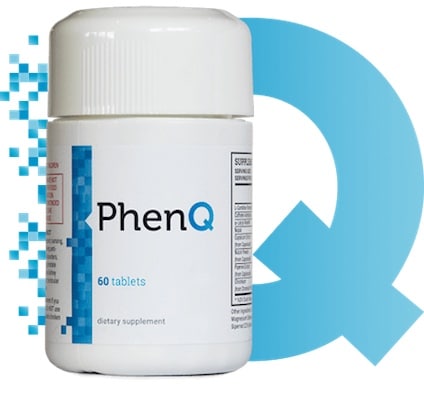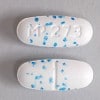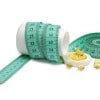The purpose of diet pills is to help you lose weight. This is achieved by using appetite suppressants that suppress your appetite and ingredients that speed up your metabolism and burn more calories. Usually, OTC diet pills are not as safe as prescription diet pills since they are not FDA monitored. However, there are many people hoping to lose weight who turn towards OTC diet pills because they can either not get prescription for diet pills or can simply not afford them.
Before taking any weight loss formula like weight loss pills phentermine or supplements, it is important to go through their ingredient list, information, product description, possible side effects and history so that there are no surprises. The following are a few differences between prescription and OTC diet pills –
• General Information – It is fairly easy to purchase OTC diet pills as they can be bought from health food stores, grocery stores and online shops. There are no prescriptions necessary for OTC diet pills but it is advisable to consult your doctor before you decide to take one. With prescription diet pills, however, a doctor needs to be seen first. After evaluating your BMI and overall health, the doctor would be able to prescribe a diet pill. Usually, diet pills are prescribed for BMI that is greater than 30 or, for people suffering from diabetes and hypertension, over 27.
• Mechanism of Action – OTC diet pills come with various herbs that combine to suppress the appetite and increase burning of calories in your body. Thus, the metabolism works at a faster rate and the fat that is absorbed by the body is reduced. With prescription diet pills, the aim is to reduce almost 10% of body fat so that diseases related to lipid levels, blood sugar levels, and blood pressure can be prevented.

• Side Effects – OTC diet pills are not monitored by the FDA and thus, you can never know if they are safe enough for consumption. The ingredients that are used in OTC pills also lack sufficient evidence to prove their safety or effectiveness. The best example for this is the ingredient Ephedra which has such severe cardiovascular risks that its US sale was banned by FDA. Another ingredient is bitter orange which is deemed unsafe but successfully burns calories. Usually, OTC diet pills come with side effects like anxiety, nausea, dizziness, hypertension, seizures, liver damage, diarrhea, increased urination, kidney damage, strokes and heart attack.
Prescription pills, however, are monitored by FDA to ensure their safety and efficiency. But this doesn’t mean that prescription pills come without any side effects. Common side effects associated with prescription pills are dizziness, hypertension, increased heart rate and effects on the gastrointestinal system.
• Price – Prescription diet pills are usually costlier than OTC diet pills, which is one of the main reasons why people lean towards OTC diet pills.
• Are natural supplements as effective as other diet pills? – It’s a fact that most diet pills are riddled with side effects and more problems but that does not mean that all of them are the same. There are diet pills in the market which are relatively safe and their benefits outweigh their negatives. In the same way, not all natural supplements are effective as diet pills but there is a few which seem to hit the mark. In fact, most of the ingredients in natural supplements like HCA, Chitosan, Whey protein, Beta Glucan, CLA, Glucomannan and mango seed fiber, are used in many diet pills to enhance the properties of other ingredients.
• Are diet pills or over-the-counter diet pills more effective? – As mentioned before, there are pills in both prescriptive and OTC categories that fail and have side effects, and there are pills in both the categories that perform wonders. But overall, if the safety of the pills is taken into account, OTC diet pills seem to have more side effects. This is mostly due to the fact that there is no substantial research that supports the claims made by OTC diet pills.
The OTC diet pills that work well are those that come with all the supported research and proof of their effectiveness.
In conclusion, it is important to buy those pills which should scientific proof of their working and results, instead of relying on media hype and fraudulent claims.
Check Out More Articles
Desoxyn Expensive and Doesn’t Work
A long name with a big problem
Shocking Info about D4 Thermal Shock
Already Tried It, Doesn’t Work





